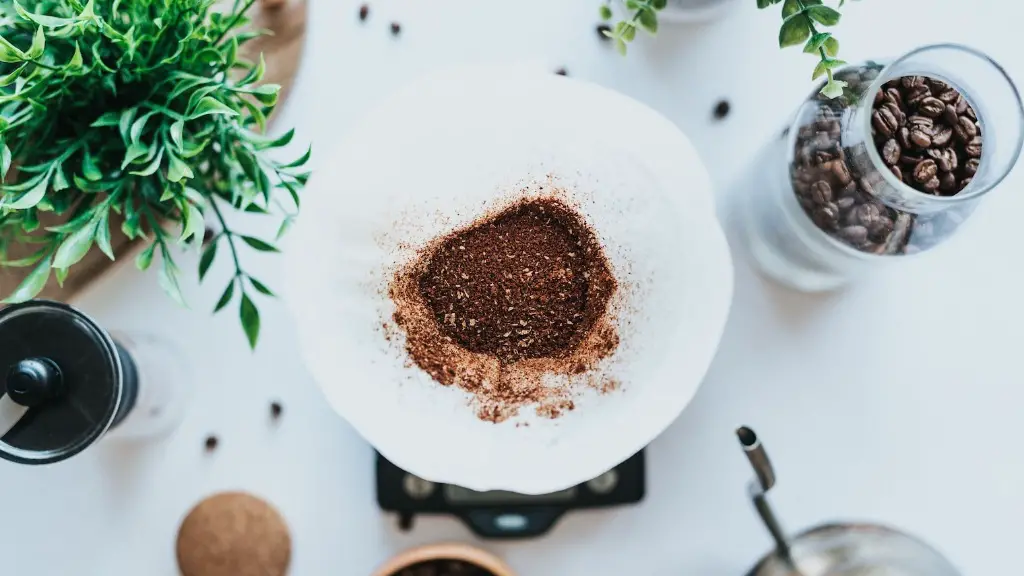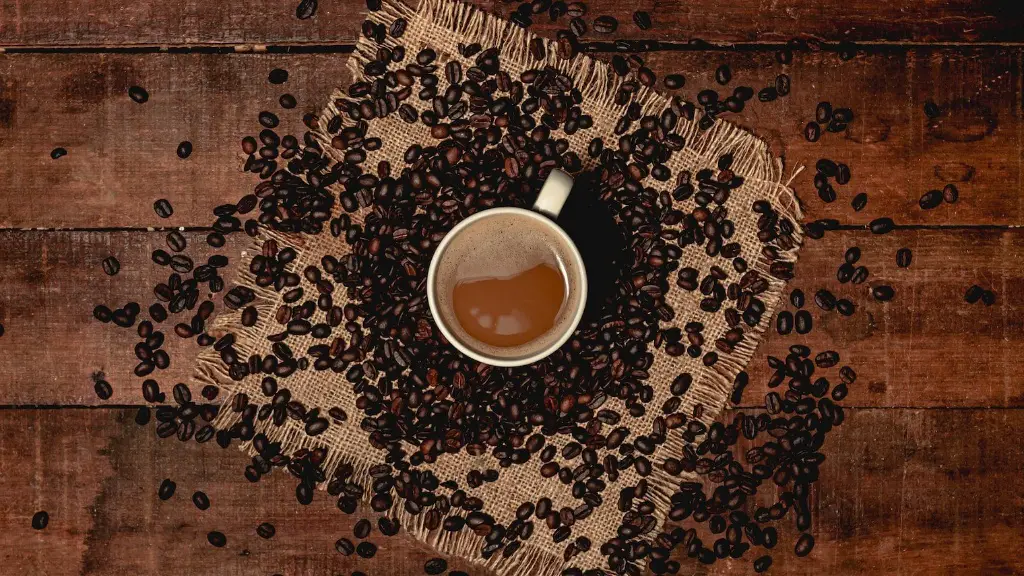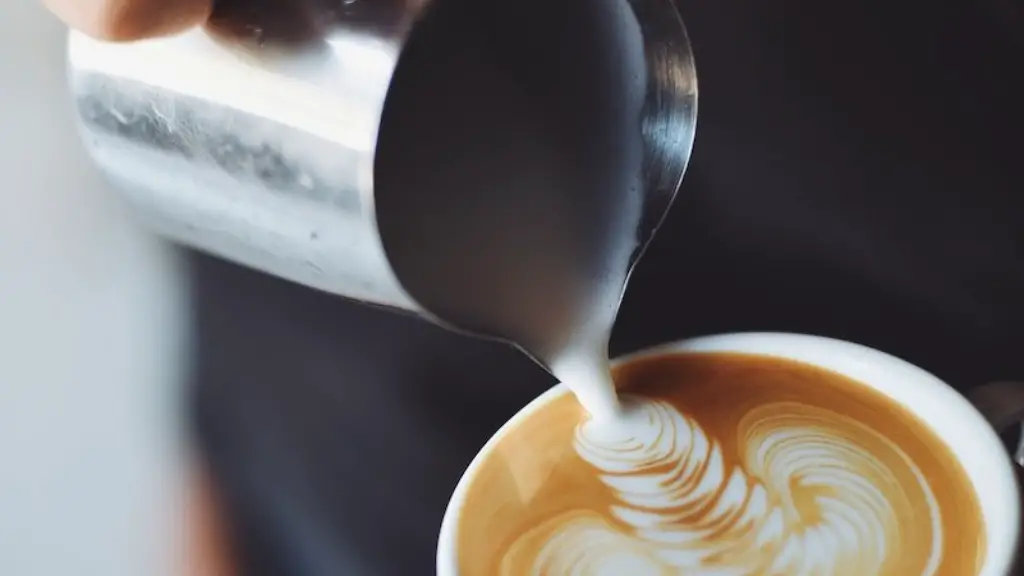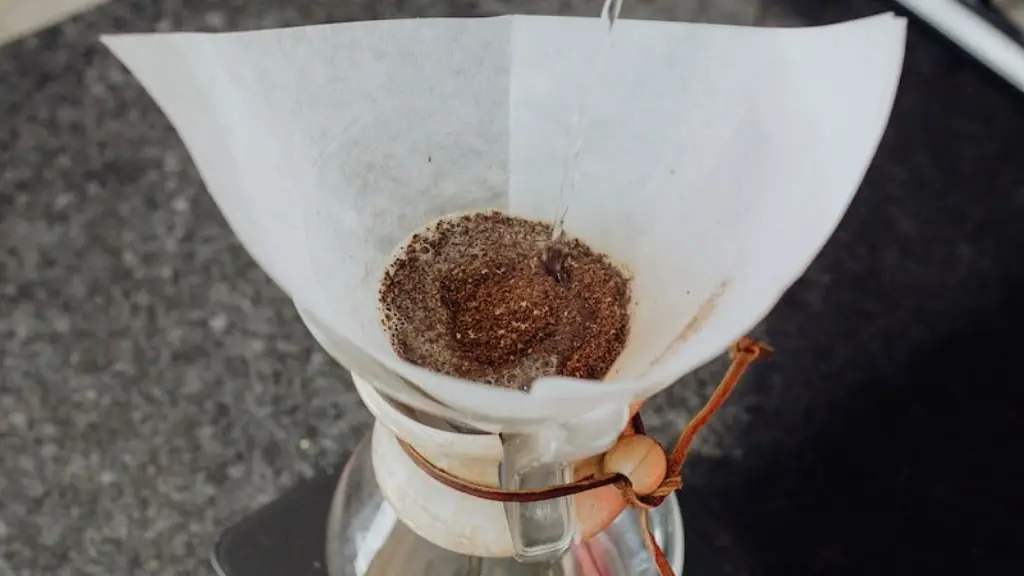Caffeine is a popular caffeine-containing food and drinks that many people love. But what happens if dog drinks coffee? Is it safe for them? Can it harm them?
Caffeine is found naturally in coffee beans and is added to many manufactured products such as energy drinks, teas and soft drinks. It is a central nervous system stimulant and has a range of effects including increased alertness and energy. Caffeine is a drug that can be dangerous if not used in moderation.
Most dogs, depending on size and breed, can metabolize caffeine in 8-12 hours. Some dogs are more sensitive to the drug than others, especially small dogs or puppies. Dogs are generally more sensitive to caffeine than humans and can experience adverse effects from any amount. Symptoms of caffeine poisoning include excessive thirst, frequent urination, increased heart rate, trembling, panting, agitation and even seizuring.
Veterinarians agree that it is not healthy to feed your dog coffee or any caffeine product. Small amounts of caffeine can be dangerous in large dogs and can even be fatal to puppies and small dogs. The safest way to ensure the health of your dog is to keep any caffeine product away from them.
Knowing the health risks of consuming caffeine is important, but it is also important to understand the different forms that caffeine can be found in. Caffeine-containing products can be found in a variety of forms, including energy drinks, caffeine pills, soda, tea and chocolate. Each of these products poses a risk to pets and should be kept out of their reach.
If your pet does ingest caffeine, it is important to contact a veterinarian as soon as possible. The vet may induce vomiting and provide other treatment to minimize the effects of the ingestion. Treatment will vary depending on the amount of caffeine ingested and the size of the pet.
To prevent accidental ingestion, it is important to keep coffee, and any other caffeinated or sugary drinks or foods, out of your pets’ reach. If your pet does ingest coffee, it is important to act quickly and seek veterinary care. While coffee may seem harmless, it can pose serious health risks to your pets.
Effects of Long-Term Usage on Dogs
While the effects of caffeine on dogs is not fully known, it is generally accepted that regular or long-term ingestion of caffeine can be dangerous. Although the exact effects are still unclear, it is thought that chronic caffeine ingestion can result in irritability, restlessness, increased heart rate, and even tremors. Over time, these effects may become more pronounced, leading to long-term health issues.
Caffeine can also lead to dehydration and electrolyte imbalances in pets, leading to even greater health issues. Additionally, caffeine can interfere with the body’s natural processes and can cause damage to the liver, kidneys, and even the heart.
It is also not known what effects caffeine may have on the mental state of dogs. However, it is thought that regular ingestion can lead to anxiety and behavioural issues such as aggression and hyperactivity.
Ultimately, it is safest to avoid giving your dog coffee or any other type of caffeine-containing product. If your pet does ingest coffee or tea, it is important to seek veterinary treatment quickly.
Joining Dogs & Coffee?
If you are determined to share the caffeinated culture with your dog, you can still join them in coffee-related activities – without the risk of intoxication. Pet cafés, which are becoming more and more popular, are an enjoyable and safe way to bond with your pup while partaking in all the usual café activities. These cafés generally serve food and non-caffeinated beverages to both people and dogs.
Way beyond the café, if you are a coffee lover, the question about letting your dog enjoy coffee may actually be a bit misplaced. Rather you can take advantage of the many coffee-infused snacks available for dogs. From doggy ice cream to dog-friendly coffee dessert recipes, there are plenty of treats that are specially made for your pooch, providing the caffeine “buzz” without the risk of toxicity.
These treats can provide a tasty and caffeine-free way to enjoy the wonderful aroma and flavour of coffee that’s safe for everyone. Additionally, these treats are also a fun way to show your pup some extra love and treat them to something special.
Coffee is a great source of energy, however it is important to remember that this beloved beverage can be dangerous for dogs. It is best to keep caffeinated beverages out of reach and instead consider alternative ways to safely enjoy coffee with your pup.
Brewers’ Yeast For Dogs
Brewers’ yeast is a nutrient-rich by-product of the beer-making process. Brewers yeast contains valuable nutrients like chromium, selenium, zinc, and B-complex vitamins, making it a great addition to your dogs’ diet. It can be found in powder, flakes, or tablet form and can be easily added to your dog’s food.
Brewers’ yeast is known to be beneficial for dogs in multiple ways. Because brewers’ yeast is high in B-vitamins, it can help boost your dog’s energy levels and help stabilize their blood sugar levels if they are prone to low blood sugar. Brewers’ yeast can also help promote a healthy coat and skin, and it contains various proteins and amino acids that your dog needs to stay healthy and active.
Brewers’ yeast is also known to help prevent fleas and ticks. It contains thiamine, a B1 vitamin, which can help make your pet’s coat unappealing to pests such as fleas and ticks. Additionally, brewers’ yeast can be used as a natural wormer to get rid of any parasites that are already affecting your dog.
Brewers’ yeast has some potential side effects, such as gas and an upset stomach, so it’s important to start adding it to your pup’s diet slowly. Additionally, brewers’ yeast should not be given to dogs with yeast allergies. It’s a great, safe alternative to caffeine-containing products, and it can offer numerous health benefits to your pup.
Caffeine Alternatives
While it is best to avoid giving your pup coffee or other caffeinated products, there are some alternatives that can provide some benefits without the danger. Herbal teas, such as chamomile, peppermint, and ginger, can help calm your pup and reduce stress. Additionally, coconut water can provide electrolytes and important nutrients, and can aid in dehydration.
Low-sugar, low-calorie electrolyte drinks can be a great way to provide your pup with essential nutrients and help prevent dehydration. Many of these drinks also contain B-vitamins, which are important for normal mental and physical health. Additionally, these drinks can provide your pup with natural antioxidants and vitamins that can help improve overall health.
Giving your pup coffee or other caffeinated products can be dangerous, however, there are still ways to enjoy a caffeinated treat. Pet cafés and specialty coffee-infused treats made specially for pups can provide a fun and safe way to enjoy coffee without the risk of intoxication.
Ultimately, knowing what to do if your pet ingests coffee or any other caffeine-containing product and being aware of the different forms of caffeine available is important. While coffee and caffeine may seem harmless, it can pose serious health risks to your pets and it is best to keep any caffeine product away from them.





